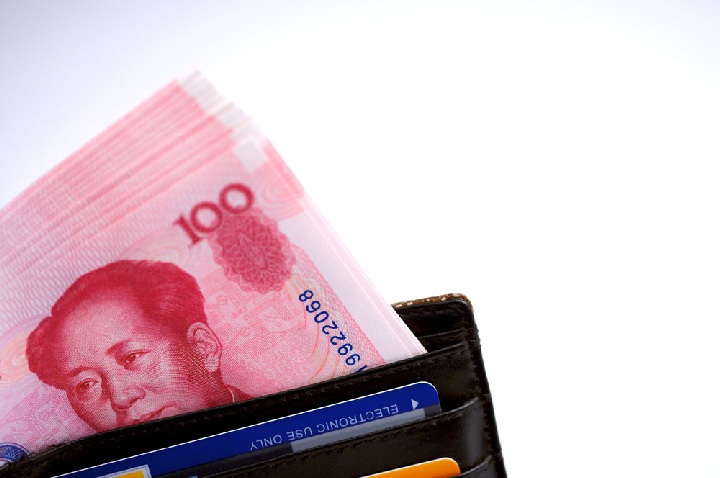
China is considering setting up a new way for foreign pension funds to invest in its vast capital markets, according to people familiar with the matter, its latest effort to prop up the country's listless stock market.
Chinese authorities are mulling whether to create a new mechanism for foreign pension funds that would be outside the country's main official investment program for international investors, according to people who have been briefed on the matter. Currently, foreign investors have limited access to Chinese markets except through programs such as the Qualified Foreign Institutional Investor, or QFII, program.
Pension funds from Taiwan, Hong Kong and Singapore without QFII licenses may be among the first batch of investors to be included in the new scheme, one of the people familiar with the matter said.
Officials at China's securities regulator, central bank and foreign exchange regulator couldn't be reached for comment.
The discussions appear to be at a preliminary stage, and it remains unclear when the authorities will make a decision on or release details about the matter, the people said. Among the many details still to be decided is the size of any program.
The discussion comes as Beijing has stepped up its efforts to shore up confidence in its stock market, which has suffered from weakened investor demand, widespread investor perceptions of insider trading and price manipulation and concern over China's slowing economy. The benchmark Shanghai Composite Index has fallen nearly 17% over the past year, compared with a nearly 13% drop in the broader Dow Jones Asia-Pacific index over the same period.
It also comes as China conducts a broad rethink of the way its stock and bond markets operate and even begins to slowly loosen some of the capital controls that have long limited foreign investor access. Guo Shuqing, a former top banker who took over as head of the China Securities Regulatory Commission in October, has publicly discussed ways to bolster the markets and help make them more friendly for investors as well as for smaller companies seeking new sources of capital.
The effort received a boost in March from Premier Wen Jiabao, who endorsed market-overhaul efforts to "ensure better protection of returns on investors' money and their rights and interests" in a speech before China's National People's Congress, the country's lawmaking body.
In addition, China is facing the prospect of ebbing foreign direct investment as its economy slows and as its currency, the yuan, begins to move in both directions after a long period of appreciation. China fell for the fifth straight month in March compared with a year earlier, to $11.76 billion, hit by the European debt crisis, a sluggish global economy and a weakening domestic property market.
In response, regulators have cut trading costs, are reforming new listing rules and are encouraging long-term institutional investors such as pension funds, both local and foreign, to enter the market. They also have expanded brokerages' businesses and let foreign companies boost their presence in local securities joint ventures among other measures.
China's securities regulator also is considering opening up the country's capital markets to international hedge funds by launching a feasibility study on broadening the scope of the QFII program to include such investors, a person familiar with the situation said last week.
The government has also notably sped up the approval for fresh QFII applications in recent months. China's main securities regulator had granted 28 new QFII licenses in the first four months of this year, compared with a total of 29 for the whole of last year.
The changes are taking place over a broader effort to gradually loosen China's capital controls, a necessary move to give China's currency a greater international presence. Other moves include creating a yuan trading hub in Hong Kong, a loosening of some limits involving the bond market and other moves, though the mainland market is still tightly limited for foreign investors.
In another related move, China may also soon allow QFII license holders to open new yuan-denominated onshore bank accounts, in addition to their sole existing accounts under the QFII program, that are designated for investment in China's nascent stock index futures market, the people said.
The Chinese central bank is expected to release guidelines on the opening of the new accounts soon, the people said.